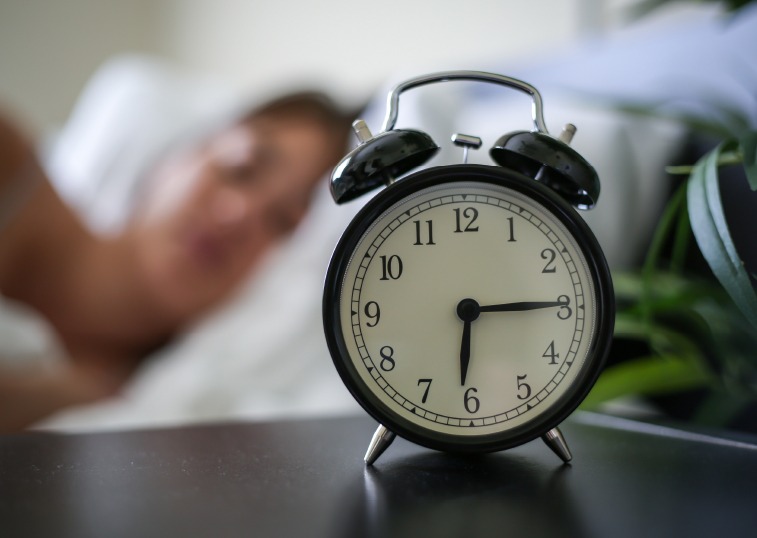Sleep is one of the most important things you can do for yourself. It is important for both your physical and mental health. Yet the stress of a diagnosis of cancer combined with side effects of treatment can greatly affect sleep.
Sleep is very important for many reasons. Let’s start with your brain. Sleep actually improves how your brain works. It improves memory and positively impacts our ability to learn. Sleep helps us with decision-making, attention/concentration and even our creativity. Getting enough sleep allows us to manage emotions in a healthier way as well as making it easier to adapt to change and be more flexible.
Sleep is restorative allowing cells to rejuvenate and regenerate. Lack of sleep can lead to many complications. It is linked to cardiovascular disease, diabetes, kidney disease, high blood pressure, strokes and cancer. It leads to hormone dis-regulation which then affect blood sugars and appetite and lead to obesity. It is directly linked to increased accidents. It contributes to fatigue, anxiety and depression too. It makes it more difficult to manage pain too. Finally, lack of sleep is even linked to shorter life spans.
So what can you do about it?
One of the most effective strategies you can use for your sleep is try to stick to a schedule — even on the weekends. Try to wake at the same time, do your bedtime ritual at the same time, and try to be in bed at the same time. If you are unable to fall asleep within 15-30 minutes, do not allow your bed to be a torture chamber. Get out of bed, do something relaxing and go back and try again.
Pay attention to what you eat and drink throughout the day. Don’t go to bed with your stomach full, try not to drink too much before you go to sleep and try not drink caffeine past noon. Avoid alcohol before you go to bed. Even though it sometimes helps relax you and put you to sleep it ends up disturbing your sleep.
Many of you struggle with fatigue even after cancer care. However, limiting your daytime naps will greatly improve restorative sleep at night. Make sure you are treating your pain effectively. Try to exercise regularly can help you fall asleep and achieve deep restorative sleep better.
It’s also important to manage your stress. I encourage people to include relaxation, deep breathing and mindfulness as part of their bedtime ritual. Some other useful tips are drinking chamomile tea, taking a warm bath before bed, turning the TV off, turning the clock away from you, repeating a simple phrase (quietly inside your head) such as “I can rest”, listening to relaxing music, and keeping your bedroom cool.
Sometimes using these strategies at a stressful time during cancer diagnosis and treatment is just not enough. Then it will be important to talk to your doctor knowing that even if you need to use medication to assist you to sleep at times it’s extremely important for your health and well being.
…
Posted In Cancer, Health Information, Sleep Medicine
